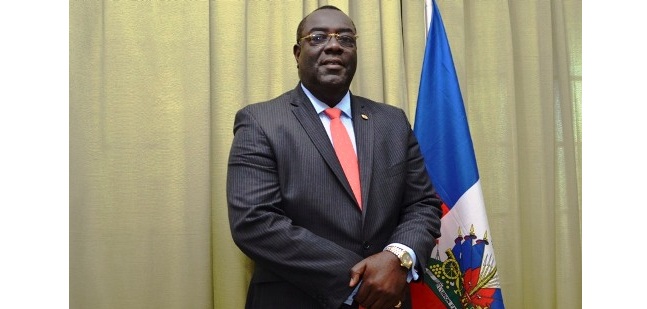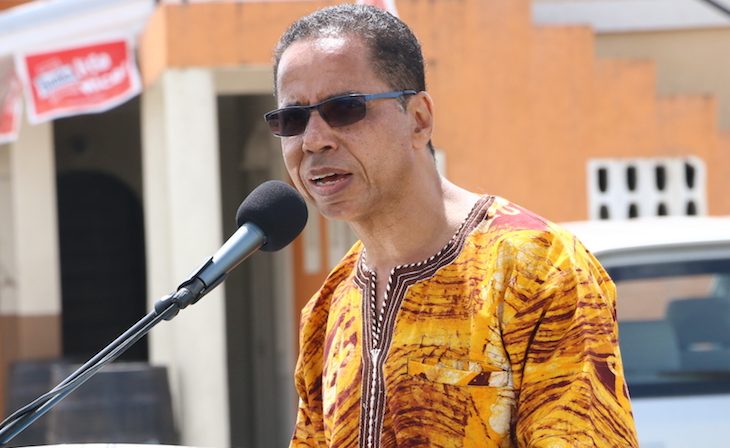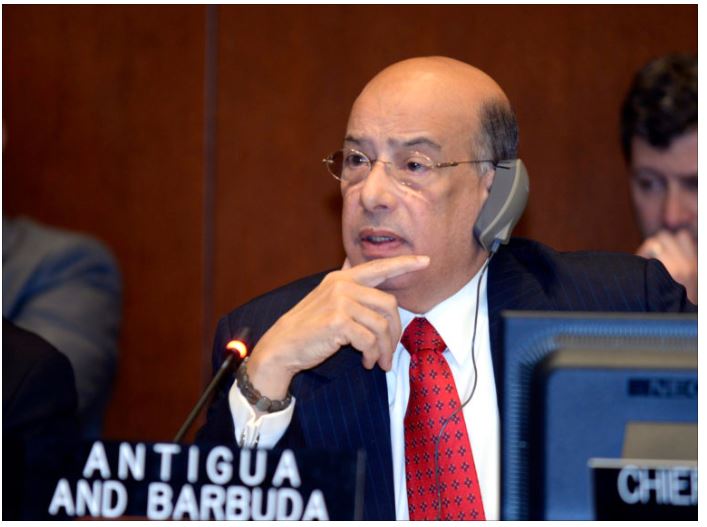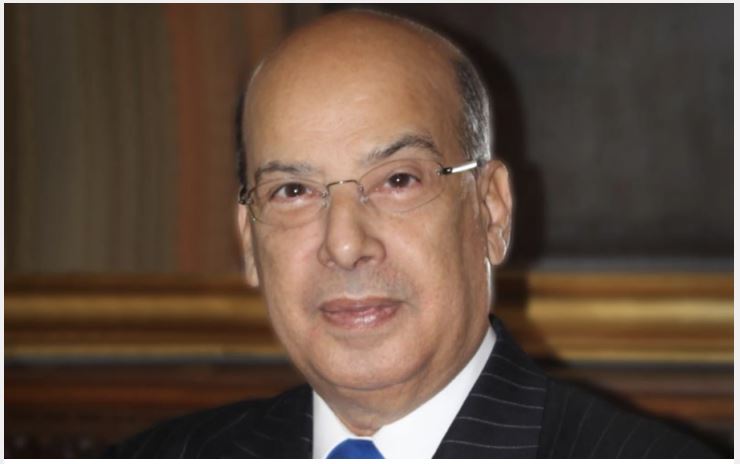By Bocchit Edmond – Foreign Minister, Haiti
Membership of CARICOM and the Organization of American States (OAS) are cornerstones of Haiti’s foreign policy. Since becoming a founding member of the OAS in 1948, and subsequently joining CARICOM in 2002, Haiti has grown closer with its neighbours, and has developed more productive partnerships with its allies. These two organisations have allowed the small, developing nations in the Caribbean, collectively to project influence and protect our interests.
One reason these organisations have been so successful is that all member states have observed the twin principles of mutual solidarity and non-interference. When allies go through difficult moments, as is currently the situation in Haiti, partners provide support, advice, and uphold their respective sovereignty.
Sir Ronald Sanders, Antigua & Barbuda’s Ambassador to the United States and the OAS, a diplomat whom I respect greatly, published an article in this outlet discussing Haiti’s membership in CARICOM and the OAS in the context of the political crisis that is playing out in my country. As Haiti’s Foreign Minister, I am glad for the opportunity to address three specific points that Ambassador Sanders made, and to restate Haiti’s unwavering commitment to CARICOM and the OAS.
The Ambassador references proposals made during July’s CARICOM meeting in St Lucia for a three-member prime-ministerial visit to Haiti. I am pleased to confirm to the Ambassador that President Moïse and the Haitian government have accepted the proposal and look forward to receiving the delegation. We are currently in the process of planning the details of the visit. We welcome the support of our allies across the region – and such visits are part and parcel of genuine cooperation.
Secondly, the Ambassador notes that President Moise left the CARICOM meeting early. Said meeting came as the President was taking urgent steps to appoint a new consensus government to help resolve Haiti’s political stalemate. Shortly after the CARICOM meeting concluded, President Moïse proposed a new Prime Minister, Fritz-William Michel, who named a new cabinet incorporating technocrats and opposition politicians. Regrettably, yet again, members of the opposition in Haiti’s Senate refused even to put this cabinet to a vote. Regardless, the President has continued to work tirelessly to encourage a national dialogue so that all stakeholders can be part of a meaningful solution to the political crisis.
Thirdly, I must respectfully disagree with the Ambassador when he says that the recent resignations from the President’s commission for dialogue, which seeks to bridge the divides and chart an end to the political crisis, mean that the process of dialogue in Haiti has failed. The President has been and will continue to be steadfast in his belief that the only solution to Haiti’s problems is dialogue, and unity. With the political environment as it is today, a leadership change that runs counter to our constitution and electoral process will simply set into motion a power struggle, a new cycle of political fighting, rather than to address the Haitian people’s needs.
As ever, we welcome support and advice and of course critiques from our allies. I know that the words of the Ambassador, and others in our region, stem from a deep desire to help Haiti thrive. The feeling is mutual – we are brothers and sisters. Our destinies are tied, and indeed many of the solutions to the problems in Haiti can be resolved through regional mechanisms – for instance, the President recently signed a four-year anti-corruption program with the OAS, designed to strengthen our institutions in the crucial fight against graft.
We hope that our neighbours and partners in CARICOM and the OAS, and their forthcoming visit, will continue to support our efforts to address Haiti’s deep seated economic, political and social difficulties.




